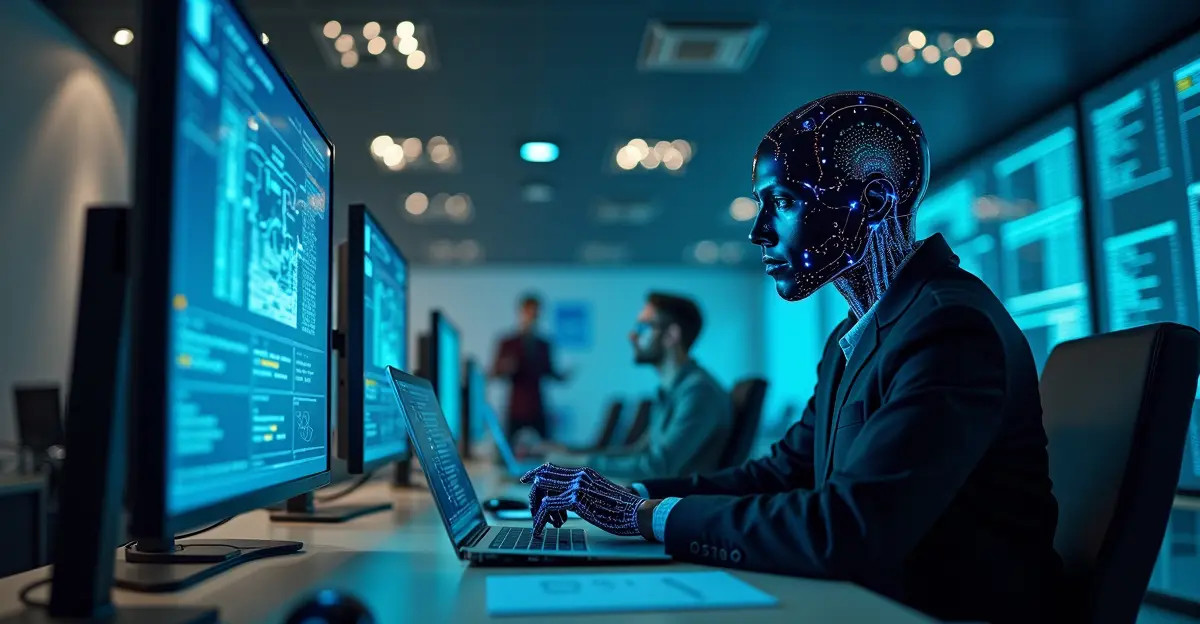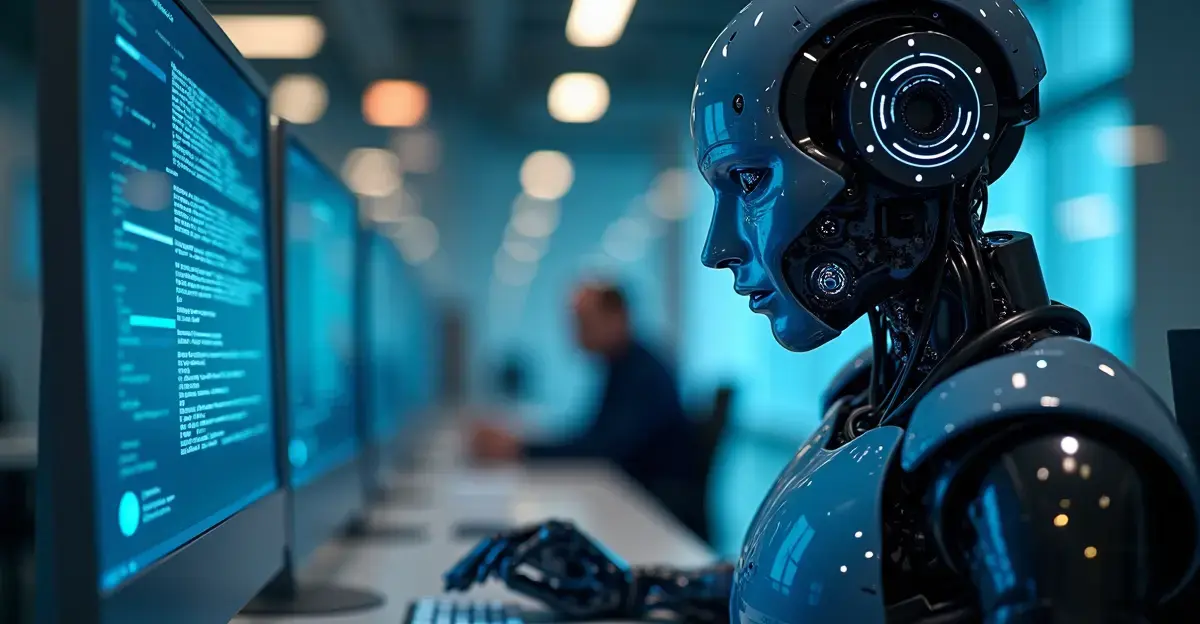The Rise of AI in Cybersecurity
In 2025, cybersecurity startups are leveraging artificial intelligence (AI) and machine learning to combat increasingly sophisticated cyber threats. With global cybersecurity revenue projected to surpass $200 billion this year, venture funding has surged, reaching $9.4 billion in the first half of 2025 alone. This influx of capital is fueling innovation in tools that detect, prevent, and respond to attacks in real-time.
Key Startups and Their Innovations
Several startups stand out for their groundbreaking approaches. Cynomi, which raised $37 million in Series B funding, offers an automated virtual Chief Information Security Officer (vCISO) platform for managed service providers. "Our AI-driven system reduces the time to detect threats from days to minutes," says CEO David Dahan. Similarly, Endor Labs secured $93 million for its application security tools that scan open-source and AI-generated code for vulnerabilities.
Another notable player is Mimic, with $50 million in Series A funding, focusing on SaaS-based ransomware defense. "Traditional antivirus software can't keep up with polymorphic malware, but our AI adapts in real-time," explains CTO Maria Rodriguez. These tools use behavioral analytics to identify anomalies that might indicate an attack, moving beyond signature-based methods that hackers easily evade.
AI's Role in Threat Detection
AI is revolutionizing threat detection by analyzing vast datasets for patterns humans might miss. Studies show that AI improves threat detection by 60% and cuts breach containment time from 322 days to 214 days. Startups like Darktrace use unsupervised machine learning to model normal network behavior, flagging deviations as potential threats. "It's like having a digital immune system that learns and evolves," notes Darktrace's head of innovation, Dr. Emily Chen.
Cloud security is another hot area. Sentra raised $50 million for its cloud-native data security platform, which automatically classifies and protects sensitive information. "As companies migrate to the cloud, AI helps secure data without slowing down operations," says Sentra founder Alex Kim. Similarly, Zero Networks uses AI for automated network microsegmentation, isolating compromised devices to prevent lateral movement by attackers.
Challenges and Future Outlook
Despite the progress, challenges remain. AI models can be vulnerable to adversarial attacks, where hackers manipulate inputs to deceive the system. "We're investing in AI-on-AI security to protect our own tools," says ProtectAI's CEO, Sarah Lin, whose startup focuses on securing AI pipelines. Additionally, the high cost of AI development means only well-funded startups can compete, potentially limiting diversity in the market.
Looking ahead, experts predict increased integration of AI across all cybersecurity domains. Funding trends suggest strong investor confidence, with over 100 cybersecurity startups securing rounds in 2025. As cybercrime costs are projected to exceed $10 trillion globally, the demand for intelligent, proactive defenses will only grow. "AI isn't just an upgrade; it's a necessity in the arms race against hackers," concludes industry analyst James Wong.
In summary, AI-powered cybersecurity startups are at the forefront of innovation, offering tools that are faster, smarter, and more adaptive than ever before. With continued investment and technological advances, they promise to reshape how organizations protect their digital assets in an increasingly hostile online environment.

 Nederlands
Nederlands
 English
English
 Deutsch
Deutsch
 Français
Français
 Español
Español
 Português
Português










